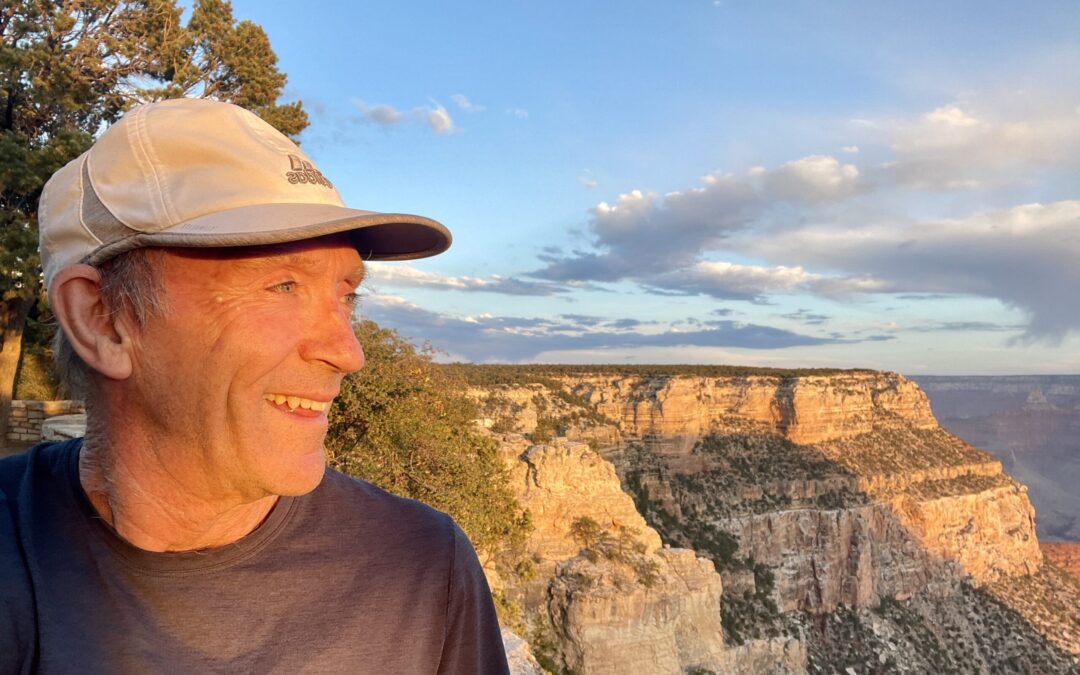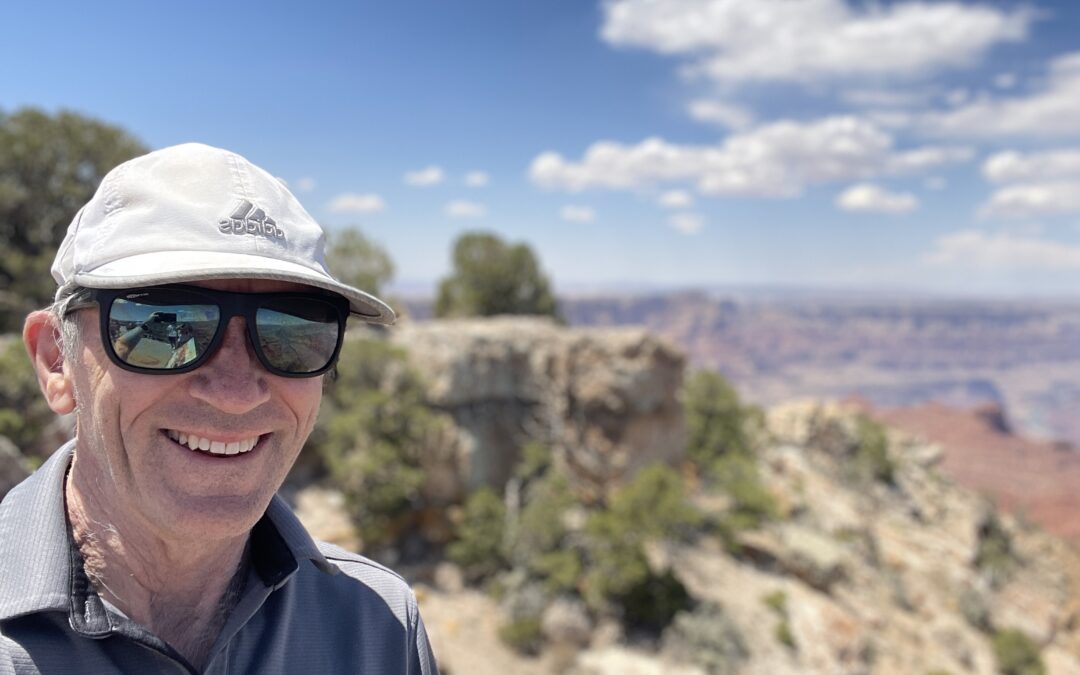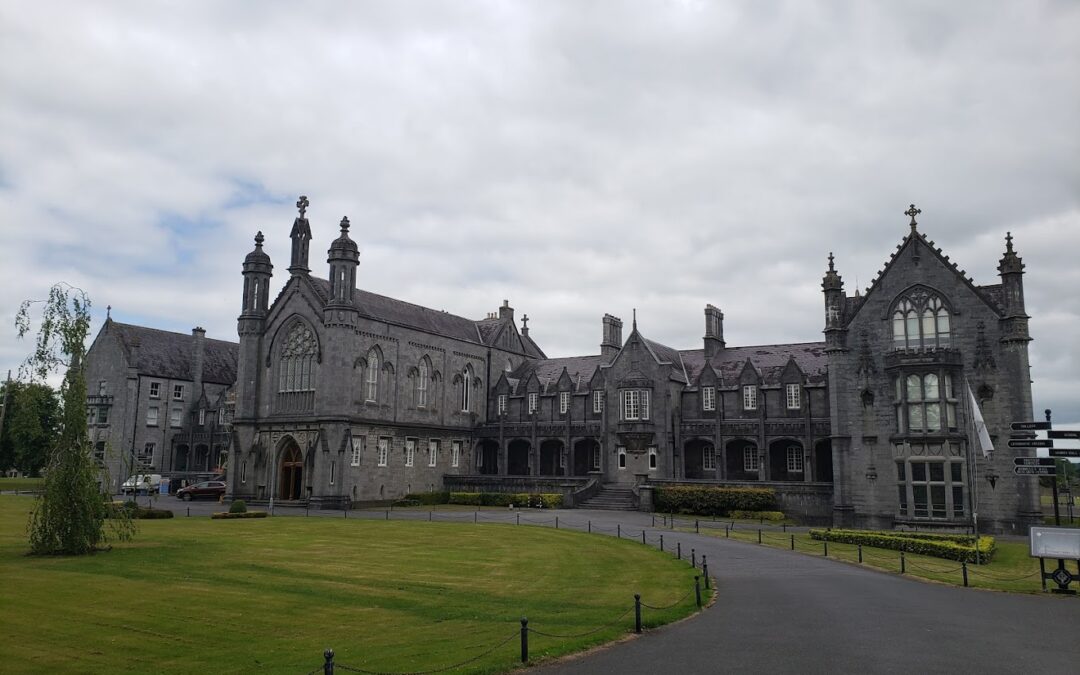
Autobiography 4 - Bullying!
Autobiography 4 - Bullying!
It is a pity that I had no sense or experience when I was a boy. If I had been more sensible, I more than likely wouldn't have been bullied constantly for years.
Bullet Head
I didn't have a lot of self-confidence as a boy, because I was a weakling. I was a small, short boy, and I had asthma to top it all off. Or, to put it another way, I was a bully's dream, with little chance of being able to stand up for myself.
I couldn't do physical feats, but I was loose tongued enough. So, I was able to call people bad names and throw insults at them. There were a lot of boys living in a housing estate near the Waterford Road, where I lived. Once, I met one of them, named Paddy Banahan, and I immediately noticed that he was almost bald, because he had received a buzzcut, which you rarely saw at the time. So, I called this guy Bullet Head, a nickname I screamed at the top of my voice the next time I saw him. I was happy with myself after that, and then I put it out of my head. Unfortunately, the damage was done, and there would be a high cost to pay for that bit of fun, I must admit!
Quinn looking for me
There was (and still is) a housing estate called Larchfield within a donkey's squeal of the Waterford Road. Usually, when I was going down to town, I would go through the same estate as a shortcut. The next time I went through the estate, I was met by a small contingent. In the blink of an eye, I was surrounded by them, with no way to escape. My heart almost jumped out of my chest with fear, but I was trapped. The leader was a boy named Tommy Quinn, and the other boys were in supporting roles. Quinn began with my interrogation. Where was I going? Why? Was I kidding him? Looking at him? Questions like that, imposing his authority on me in front of his squad. My answers didn't matter, because he didn't accept them at all. Suddenly, he hit me in the gut, and I couldn't stop him. He then continued, asking me questions and then giving me a proper beating. Before long, I was in a heap on the ground with my nose bleeding, and I was injured and in severe pain. Then they all attacked me and beat the shit out of me. The demons left as quickly as they came, and they left me on the ground, in a bad state. It was a great way to get to know my neighbors!
Lessons Learned
In the school of life, lessons occur all the time, but you need to pay attention to learn them. If you don't learn a lesson, you will make the same mistake over and over again until you do learn it! I learned a few lessons from this bad experience, and I never forgot them afterwards! They were captured well in a few proverbs, as it turned out!
Do unto others as you would have others do unto you!
I had no idea that there would be ongoing implications after I picked on Paddy Banahan. I hurt him, because I called him an ugly nickname, for no good reason. I bullied Paddy, because I thought he wasn't strong, and wouldn't be able to get revenge. Didn’t I misread that story! And doesn’t pride go before the fall too! Despite my cleverness at school, I was quite naive in other ways. In any case, I had no idea what the consequence of my foolishness would be, or why.
Look before you leap!
Decades later, I know very well what happened and why. We belonged to different classes, me and Paddy – with me in the middle class, and Paddy and their neighbors in the estate in the working class. When I insulted Paddy, himself and his friend took it that I was insulting them all. They thought I was acting in a superior way, as a middle-class boy. I did not understand the kind of connection between them, and more importantly, I did not understand the primal instinct that I had awakened in them. I didn't realize, either, that the class in question had different rules and different values. In particular, violence was more common and more acceptable in the working class than in the middle class. I was completely ignorant of matters like this, and I paid dearly for that mistake.






